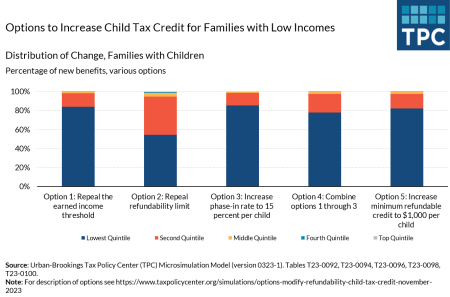Is working from home (WFH) falling, signaling that workers have to go back to the office? Or is WFH now a permanent part of future work, jobs, and careers? Well, actually both. But the future, even with higher permanent levels of WFH, remains unsettled for workers and employers.
Where WFH fits into your future depends on your industry, occupation, and the overall labor market. There’s a lot of turmoil as employers and workers experiment and figure it out, but WFH has become a much larger part of the labor market than many analysts (including me) thought it would.
Recent data on declines in working from home (WFH) could reflect, as a recent Bloomberg story put it, that “the push by employers to get American workers back into the office appears to be working.”
The Bloomberg story uses the Census Bureau’s Household Pulse Survey. When the pandemic hit in 2021, the economy and employment cratered. We lost almost 22 million jobs in two months, an unprecedented shock in the postwar period of over 14% of total employment. Scrambling for real time data to guide businesses, workers, and government, the Pulse Survey surveys tens of thousands of households.
The most recent results show “fewer than 26% of US households still have someone working remotely at least one day a week,” which Bloomberg notes is “a sharp decline from the early 2021 peak of 37%,” representing “a post-pandemic low.” They attribute the drop to “the continued push by many employers to get staff to return to offices.”
So, case closed? Falling WFH rates, driven by employer demands, mean more and more workers have office work in their future?
Not so fast. Other analysts, like Stanford’s Nick Bloom, one of the top researchers on WFH, say it is ”here to stay.” Bloom says the data show not a continuing drop in WFH, but rather “that returning to the office (R.T.O.) is D.O.A.”
Bloom points to office occupancy rates, measured (imperfectly) by keycard swipes collected in Kastle Systems “Back to Work Barometer.” Kastle averages swipes across ten major U.S. metro areas, and their most recent number shows 50.3% average office occupancy, compared to over 95% prior to the pandemic.
50.3% is much higher than the pandemic low point of around 15% right after COVID-19 hit and torpedoed employment. But occupancy still hasn’t come anywhere close to pre-pandemic highs, and return rates have slowed significantly. Kastle’s occupancy barometer one year ago was at 47.9%, compared to 50.3% currently.
Bloom also has survey data supporting his claim that the “return to the office has stalled out.” His analysis shows “by December 2022, 29 percent of workdays were happening from home” but by July of this year “we are back up at 31 percent.” This compares to estimates of around 5% to 7% of workdays at home prior to the pandemic.
All of these data are best viewed for showing trends, not narrowly precise estimates or slight shifts. If the data continue to show falling WFH rates, then there may be something going on with workers going back into the office. But if the data trends remain flat or only slightly declining, as they are now, then Bloom has the better of the argument.
The rise of working from home is startling. Prior to the pandemic, if you had predicted a jump in working from home that would stabilize around 25% to 30% of workdays, almost all labor economists would have been very, very skeptical.
There’s still a lot to sort out. Not all employers have embraced WFH, even ones in the same industries. New companies and firms with large tech components seem to use it more than others, and those patterns could spread.
In addition to being a first -rate analyst, Bloom is a cheerleader for working from home. He says “remote work has been good for almost everyone involved” and hopes we will “lay the five-day-office-week movement to rest.”
In contrast, the Wharton School’s Peter Cappelli sees not a win-win but an “underlying conflict” around WFH—employees want to work from home, but employers don’t want them to. (Last year, Cappelli sardonically called working from home “the gift that keeps on giving” for columnists, because “we don’t really know what’s going on.”)
Work can be cooperative, but there’s also a lot of conflict between workers and employers. As Cappelli notes “employees don’t get something simply because they want it, they don’t all want the same thing and whether remote work is better or worse for the employer is simply not clear.”
Although we’re seeing higher and probably more stable levels of working from home, there are many unresolved issues—productivity, innovation, career pathways, gender differences, onboarding of new employees, and new forms of managerial surveillance and oversight. All of this will generate new forms of conflict if working from home stabilizes as a significant part of the labor market.
Read the full article here








